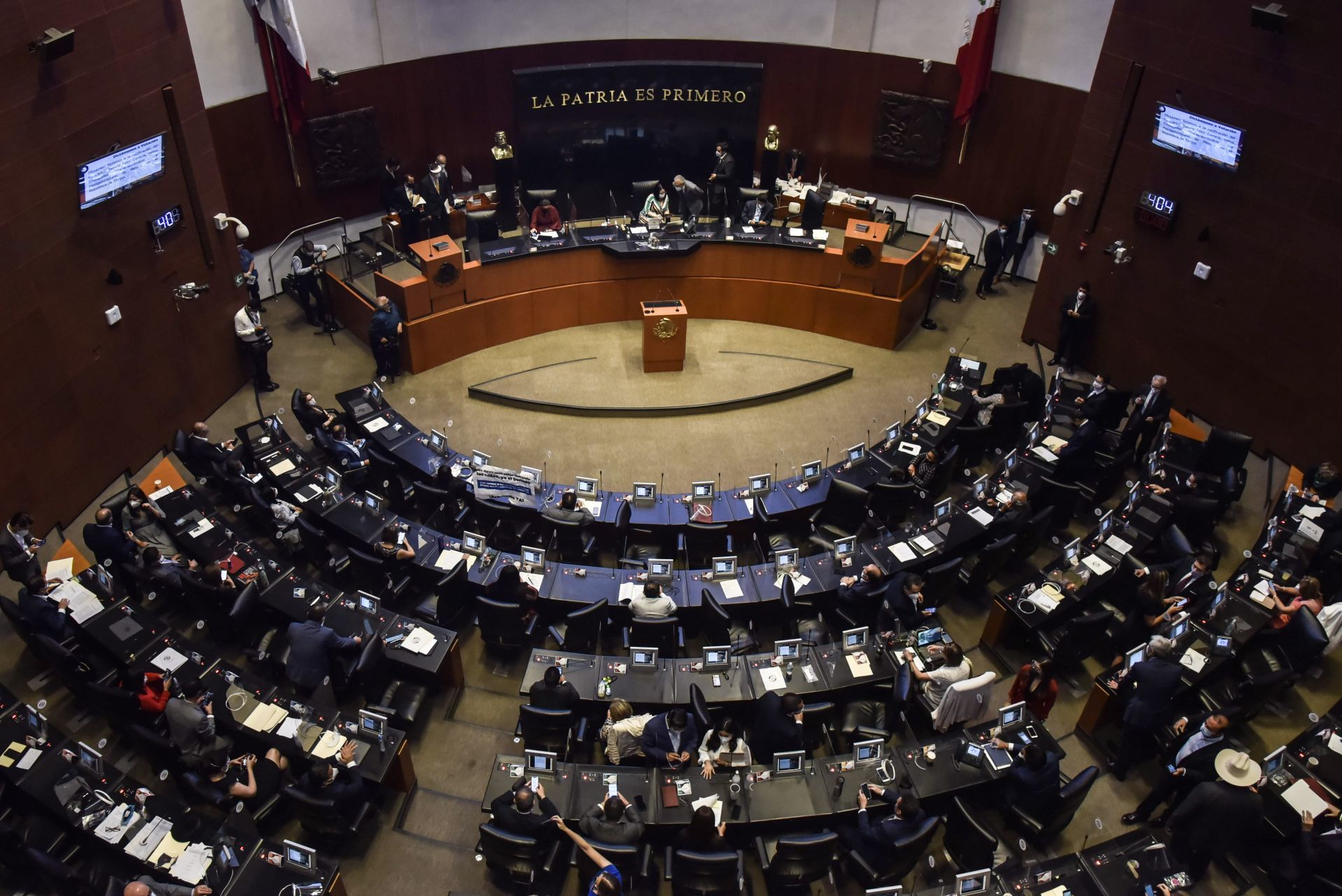
During the adoption of the General Import and Export Tax Act ruling in the Senate, the importation of electronic cigarettes and tobacco vaporization devices was banned.
This prohibition also applies to novel and emerging products that use heated tobacco, Electronic Nicotine Delivery Systems, Similar Non-Nicotine Systems and Alternative Nicotine Consumption Systems.
This opinion was proposed by the Commissions on Finance and Public Credit and Legislative Studies II. Although it was approved by 68 votes in favor, 39 against and three abstentions, it must be passed to the Chamber of Deputies for review and approval.
But this prohibition established in the Tax Act, included in section 8543.40.01, was debated by some senators who considered that it violated the right to development of the personality.
Senator Gustavo Madero described the prohibitions as disproportionate because this measure had already been attempted in October 2021: “And this was upheld by the Supreme Court of Justice of the Nation (SCJN), which in October last year resolved a thesis contradiction” in article 16 of the first section of the General Law for Tobacco Control.

Likewise, he pointed out that vaporizers have not been shown to be more harmful than cigarettes, he also talked about marijuana regulation, which seemed inconsistent and inconsistent that on the one hand it is about regulating marijuana and on the other hand he wants to ban vaporizers.
“We are in favor of regulating marijuana and this bill proposes banning vaporizers and I find it inconsistent that we are in favour of banning cannabis consumption to regulate it and we are in favor of banning vaporizers,” he said that this measure is detrimental to consumers in accessing good quality products.
And he warned that the only thing that prohibits is imports and not consumption, so there will be the marketing of pirated and adulterated products, which “would lead to greater harm,” said the senator.
Similarly, Nubia Mayorga of the Institutional Revolutionary Party (PRI) said in the same vein that the measure will only cause greater damage, since “prohibition is not a tool to eradicate the commercialization of tobacco burners”.

“All we're going to do is fall into the black market,” and he also mentioned that the SCJN declared the ban on these products unconstitutional. “There are no studies that determine that it is harmful”, in addition to the fact that trade would be limited, so he declared that the PRI bench would vote against the opinion.
Likewise David Ortiz Salinas and Claudia Anaya, who put forward the same arguments with regard to trade and the development of a black market.
It should be remembered that the SCJN declared unconstitutional because it found that it violates the free development of personality and freedom of trade, as well as being disproportionate because it should not be compared with the case of tobacco, but rather consider the characteristics of the product itself, as stated by Minister Ana Margarita Ríos Farjat
Although the ministers decided to reserve the health impact of the products. Although the presiding minister of the SCJN, Arturo Zaldivar, admitted that the pronouncement could change with the emergence of new aspects to consider.
The Federal Commission for the Protection against Health Risks (Cofepris) also noted that these were harmful products due to the presence of metals such as cadmium, nickel, lead, among others, which are harmful to health, since they include derivatives of carcinogens. It established that they could cause respiratory damage, cardiovascular damage and mutagenic damage.
KEEP READING:
Últimas Noticias
Debanhi Escobar: they secured the motel where she was found lifeless in a cistern

The oldest person in the world died at the age of 119

Macabre find in CDMX: they left a body bagged and tied in a taxi
The eagles of America will face Manchester City in a duel of legends. Here are the details

Why is it good to bring dogs out to know the world when they are puppies




